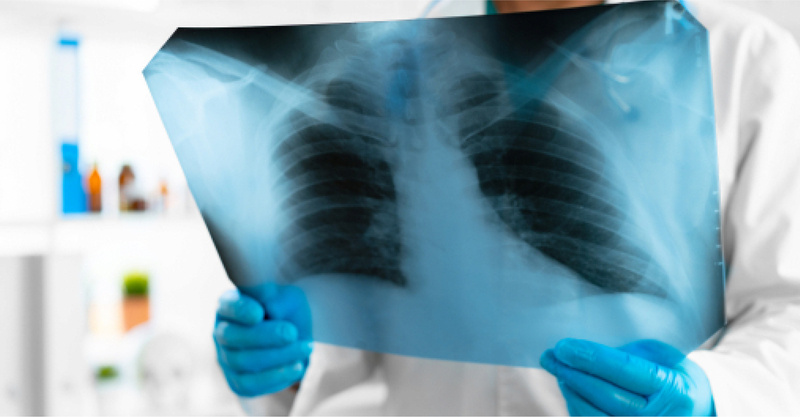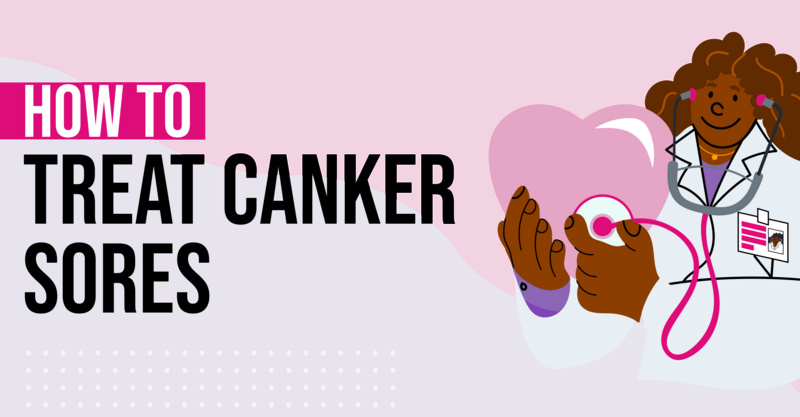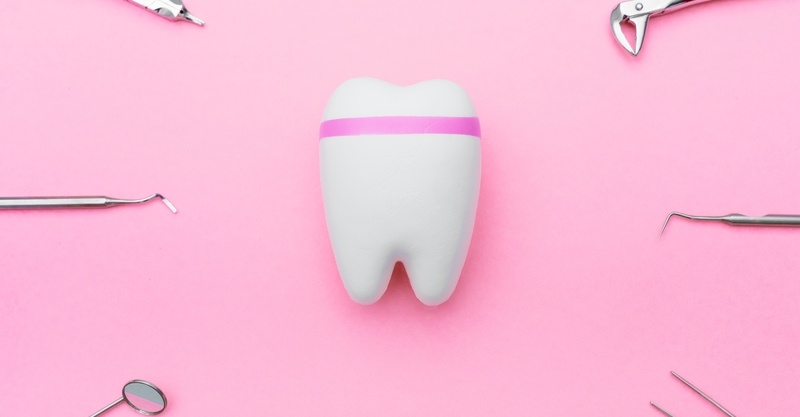Key Points
- The article provides comprehensive information on periodontal disease, covering its symptoms, causes, prevention, and treatment options.
- Symptoms of periodontal disease include bleeding or receding gums, loose or sensitive teeth, and bad breath, which are primarily caused by plaque buildup around the gum line.
- Prevention of periodontal disease involves regular oral hygiene practices like brushing and flossing, avoiding sugary foods and drinks, getting regular dental cleanings, and quitting smoking.
- Treatment for periodontal disease ranges from professional dental cleanings for early stages, to more intensive procedures like scaling and root planing, surgery, or bone and tissue grafts for advanced cases.
- The article also informs about the various terminologies used for periodontal disease such as gum disease, gingivitis, and periodontitis.
Possible Symptoms for Periodontal Disease
Symptoms of periodontal disease may include:[1]
- Bleeding gums
- Red, swollen gums
- Sore gums
- Receding gums
- Loose teeth
- Sensitive teeth
- Bad breath
- Pain when eating, brushing, or flossing
Early periodontal disease doesn't always cause noticeable symptoms, but during routine exams, your dentist may notice that you're developing problems with your gums. Periodontal disease can progress quickly without treatment, so it's essential to take a diagnosis of periodontal disease seriously.
Top Periodontal Disease Causes
Periodontal disease is linked to a buildup of plaque around your gum line. Plaque is a sticky substance created by the bacteria and mucus in your mouth.[1] Brushing and flossing can remove most plaque, and dental cleanings help remove what's left behind. If plaque remains, it can trap bacteria near the gums, where they can cause periodontal disease.
It's important to remember that everyone has some bacteria living in their mouth. Most of these bacteria are harmless, and good oral hygiene helps keep harmful bacteria in check. Skipping dental cleanings or failing to brush or floss allows bacteria to flourish. Over time, plaque may harden along the gum line and serious infection can set in.[1]
5 Ways to Prevent Periodontal Disease
1. Brush and floss twice a day
Brushing and flossing are your most effective weapons in the fight against periodontal disease. Most dentists recommend brushing and flossing twice a day. This helps ensure that your teeth and gums stay clean.[2]
2. Avoid sugary food and drink
Bacteria feed off the sugar in soft drinks, candy, and other junk foods.[3] Eating a lot of sugary foods can make you more vulnerable to periodontal disease. Eliminating these foods from your diet helps reduce your risk of many dental problems.
3. Get regular dental cleanings
Good oral hygiene and a healthy diet can only do so much to prevent periodontal disease. Even if you brush and floss twice a day, some plaque can remain. Regular dental cleanings are therefore important to help remove plaque before it can cause periodontal disease. Medical authorities recommend seeing your dentist on a routine basis, even if you don't experience any tooth pain.[1][4]
4. Report any new symptoms to your dentist
Periodontal disease can sometimes develop without warning. Even if you take good care of your teeth, you may experience unexplained tooth pain or gum swelling. If you notice any new or worsening symptoms, notify your dentist right away.[4] Early treatment can help you avoid costly or painful dental procedures.
5. Quit smoking
Smoking can put you at risk for many dental problems, including periodontal disease.[1] Tobacco increases your risk of both oral cancer and tooth decay. If you smoke, it's best to quit as soon as possible. Ask your doctor for help developing a plan to quit smoking.
Possible Periodontal Disease Treatment Options
1. Professional dental cleanings
Early periodontal disease can often be resolved with a thorough dental cleaning. During your cleaning, your dentist removes plaque from above and below the gum line.[5] Your dentist may also apply a special antibacterial fluid to your gums that helps destroy any lingering bacteria.
2. Scaling and root planing
If your plaque has hardened beneath your gum line, you may need to undergo a procedure called scaling. During a scaling treatment, your dentist scrapes away hardened plaque below your gums. Your dentist may also smooth rough spots on your teeth that trap bacteria. This process is called root planing, and it can reduce your risk of developing gum disease in the future.[5]
3. Surgery
If you have advanced periodontal disease, you may need to undergo surgery. Surgery can help remove plaque and clear up a stubborn oral infection. Many surgical procedures can help treat periodontal disease. Some can also prevent the problem from returning in the future. Standard surgical procedures for periodontal disease include flap surgery and pocket reduction surgery. The goal of these procedures is to clear away plaque and reattach loose gum tissue to your teeth.[5]
4. Bone or tissue grafts
If your periodontal disease has led to permanent bone loss or gum erosion, you may need a graft to resolve the problem. Grafts can help encourage new growth of bone or gum tissue.[5] Your dentist may refer you to an oral surgeon who specializes in graft procedures.
Questions Your Doctor May Ask About Periodontal Disease Treatment
- When did your symptoms begin?
- Are you experiencing any tooth pain or sensitivity?
- Do you have any discomfort when eating or drinking?
- Do you smoke cigarettes or chew tobacco?
- How often do you brush and floss your teeth?
- When did you last receive a dental cleaning?
- Do you have a family history of periodontal disease?
Periodontal Disease May Also be Known As:
- Gum disease
- Gingivitis
- Periodontitis
Frequently asked questions
What are the symptoms of periodontal disease?
Symptoms include bleeding or receding gums, loose or sensitive teeth, and persistent bad breath.What causes periodontal disease?
The primary cause is the buildup of plaque around the gum line, which can trap bacteria and lead to the disease.How can I prevent periodontal disease?
Prevention involves regular oral hygiene like brushing and flossing, avoiding sugary foods and drinks, regular dental cleanings, and quitting smoking.What are the treatment options for periodontal disease?
Early stages can be treated with professional dental cleanings, while advanced cases may need procedures like scaling and root planing, surgery, or bone and tissue grafts.What are other names for periodontal disease?
Other names include gum disease, gingivitis, and periodontitis.Is periodontal disease linked to diet?
Yes, consuming sugary foods and drinks can contribute to plaque buildup, increasing the risk of periodontal disease.Can smoking lead to periodontal disease?
Yes, smoking is a risk factor for periodontal disease as it can affect the health of your gums.Is periodontal disease curable?
Yes, especially when detected in the early stages. However, advanced cases may require more intensive treatments and ongoing care.
Solv has strict sourcing guidelines and relies on peer-reviewed studies, academic research institutions, and medical associations. We avoid using tertiary references.









